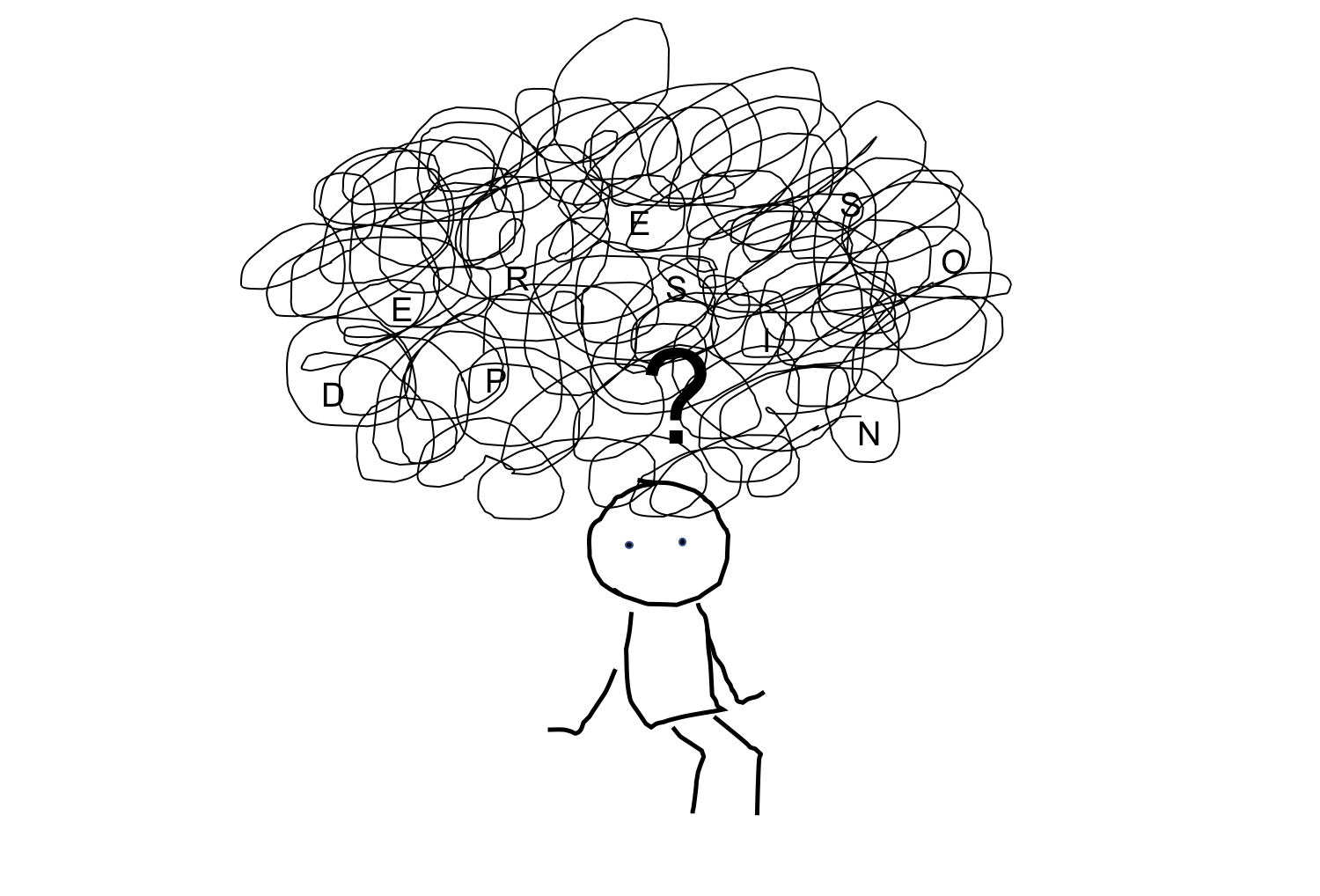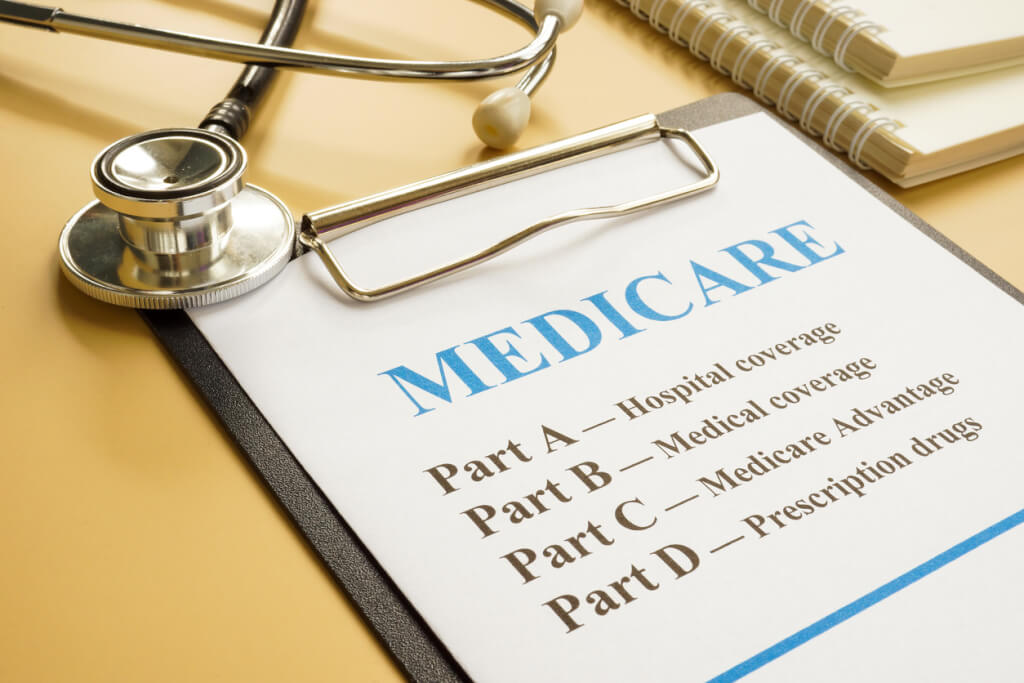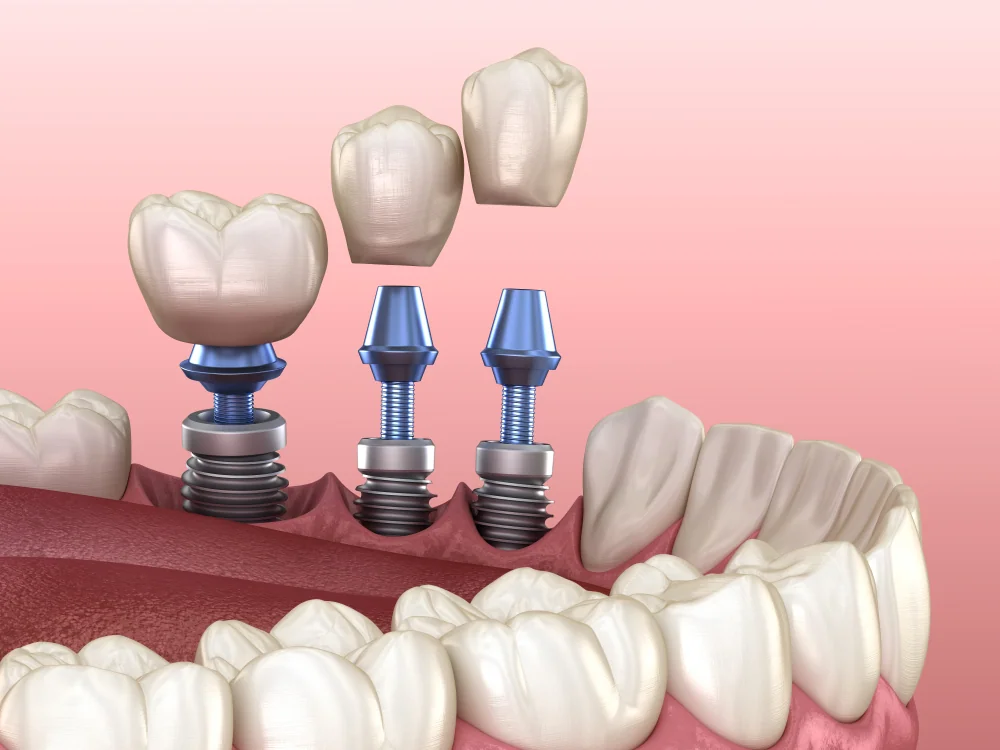Treatment-Resistant Depression: How Early Diagnostic May Save Your Life
- Posted on Nov. 7, 2023
- Health
- Views 60
TRD is a difficult type of depression resistible for medical treatment and most antidepressants. The new research, printed in JAMA Psychiatry, reveals that TRD patients face way more psychiatric problems than those with standard clinical depression. Such patients experience a 23% risk of death, including suicide. What's even more concerning, identifying the disease is a challenge itself.
Read More

Depression is a global concern, affecting human well-being all over the world. In 2018, it was even claimed the main reason for disability – patients’ unhealthy behavior leads to injuries and other diseases. Usually, doctors recommend antidepressant medical aid and psychotherapy. For many, these treatments work, but not for all. Some individuals, despite trying for months or even years, don't see any improvement, and they are the ones with TRD.
How to Diagnose the Condition?
Despite diagnosis being a difficult issue, there are several factors that may indicate the disorder. If you've tried two or more different medication strategies and haven't experienced any results, you might be dealing with TRD. Studies suggest that more than 30% of people with major depressive disorder might end up in this difficult situation.
There is no straight way to predict who might develop TRD. Doctors can't tell in advance which patients will need more help and support than the major depression treatment, used in standard cases. This is even more challenging because identifying such conditions in the early stages is almost the only way to treat them properly.
A recent study from Sweden involved over 145,000 patients or people with like-looking symptoms between 2012 and 2017. Among them, more than 110,000 had tried antidepressants. Shockingly, only 11.1% of the whole group had TRD.
How TRD May Affect Your Life?
TRD takes a heavy toll on people's lives. It leads to more visits to doctors and increased healthcare costs. Patients suffer from anxiety, stress, and self-harm like other people diagnosed with mental illnesses, but it appears harder to prevent. Their depression prevents them from going to work, causing them to lose a lot of workdays. On top of that, they visit outpatient doctors more frequently.
In addition to classical treatment for depression and anxiety, medications called SSRIs are typically the first choice for depression treatment. The bad news is that these medications don't work in most cases. Antidepressants like mirtazapine, bupropion, escitalopram, and venlafaxine, effective for cases of clinical depression, usually don't work at all.
For patients with TRD, treatment usually lasts almost a year and a half, which is much longer than in other cases. This is longer than what experts recommend to decide if a treatment works.
Strategies for Today’s Medicine
The study's authors emphasize that doctors and researchers must act urgently. They suggest using symptom severity ratings more frequently and switching to proven treatments like lithium faster.
Johan Lundberg, a professor in Sweden, stresses the importance of early identification and intervention to help those at risk of TRD. He reminds us that TRD doesn't just cause personal suffering but also burdens society as a whole.
In the battle against TRD, we need to act swiftly, identify those at risk, and offer unwavering support. Lives are at stake, and it's time for change.


